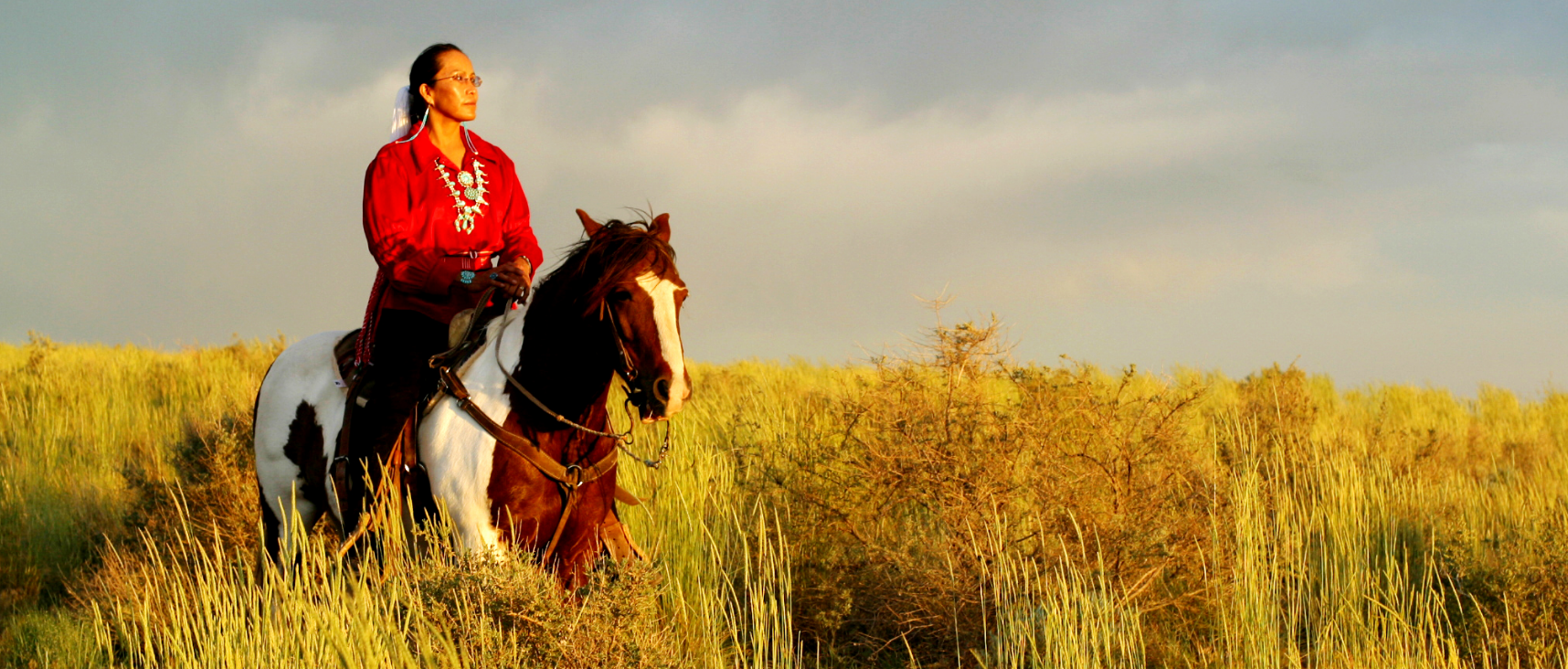Indigenous and Community Engagement

Our Approach
Peabody recognizes the important role indigenous people play as key stakeholders in our mining operations and in the sustainable and positive management of cultural heritage and the environment. We work to forge strong and respectful relationships with indigenous people based upon comprehensive engagement and communication frameworks established throughout the mining process.
At Peabody we understand that many of our operations are on or near land that is significant to Indigenous people and communities. Peabody recognizes that Indigenous people and communities are important partners, and we strive to foster meaningful engagement with them throughout the entire mining life cycle.
Australia
In Peabody Australia operations, consultation with the relevant Traditional Owner group is typically undertaken throughout this process including site surveys, review of the proposed works and assessment of the nature of impacts to any identified cultural material or sites. In some cases, where an existing management plan is already in place, the approvals pathway outlined in the plan is followed, including any protocols for impacts to identified cultural material.
In Australia, Peabody’s mining operations are within the traditional lands of many Indigenous people. We have a strong, ongoing record of consultation with local Indigenous representatives and Native Title parties based on mutual respect, understanding and value for Aboriginal cultural heritage. Consultation and engagement processes begin prior to regulatory approval of any mining project and continue through mining production, land rehabilitation and mine closure. Peabody is signatory to Native Title and/or Aboriginal Cultural Heritage Agreements with local indigenous peoples at the company’s four Australian operating mines, and at non-operating sites. Through these agreements, Indigenous people also have key input into the company’s provision of economic support programs for local indigenous communities, including employment opportunities and traineeships.
U.S.
Similarly, in Peabody U.S. operations, cultural heritage assessments and consultation with Indigenous stakeholders are conducted as a component of the environmental permitting process, where applicable, with mitigation or management agreements put into place as necessary, based on findings. To ensure unidentified cultural heritage resources are not impacted, any areas to be disturbed must first go through an internal review and approval process. Once mining has concluded, a post-mining survey is conducted.
Preservation and Reclamation
We recognise the benefit we draw from the land together with the Indigenous Traditional Custodians who have a responsibility to care for Country. We acknowledge that the relationship that Indigenous peoples have with the land underpins their physical, cultural and economic wellbeing.
Peabody is actively completing final reclamation of the Black Mesa/Kayenta Mine complex in Arizona. We are restoring the land for highly productive use in line with a comprehensive sustainability plan and ongoing involvement from the landowners — the Navajo and Hopi Tribes.
Cultural (tangible and intangible) heritage is managed in consultation with Indigenous stakeholders and using culturally appropriate methods. For all new operations, Peabody is aiming to achieve Free, Prior and Informed Consent (FPIC) of directly affected Indigenous people before proceeding with development and to continue this dialogue to maintain agreed outcomes. We understand that our success as a mining company depends on our ability to work collaboratively with all stakeholders; we aim to create sustainable and responsible mutually beneficial mining operations.